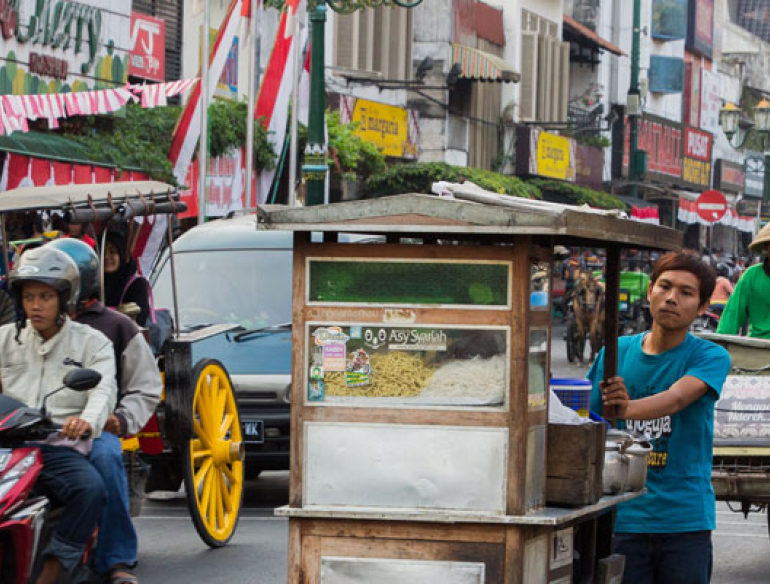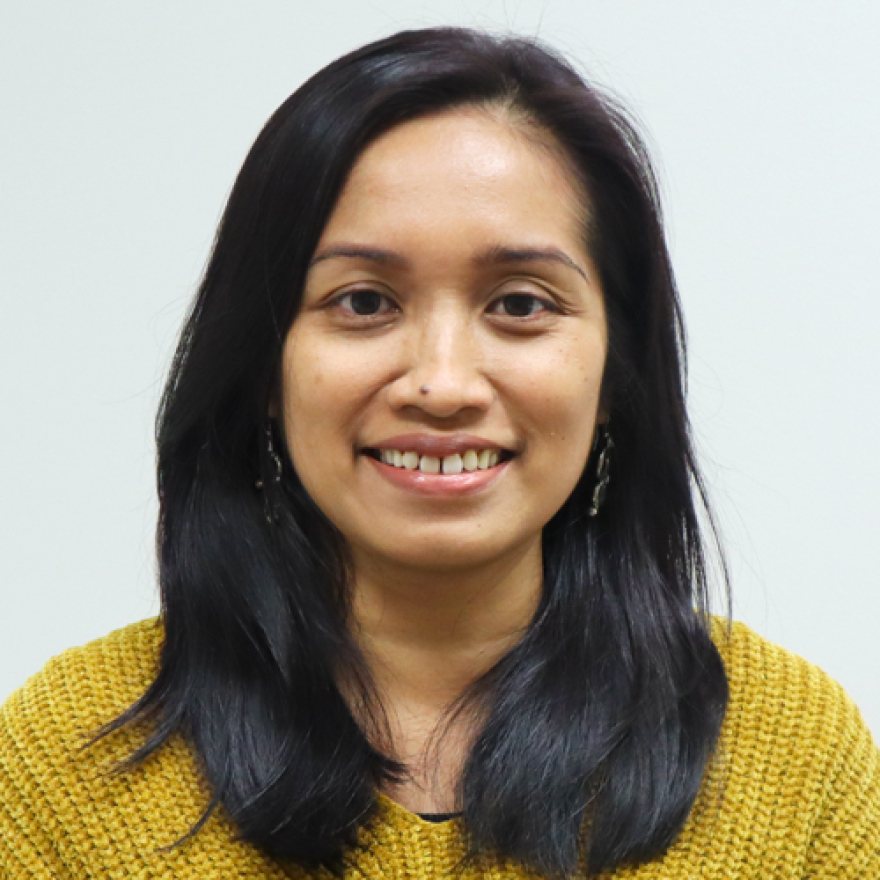Research to date from the PINTAR study has revealed widespread inappropriate use of antibiotics amongst private drug sellers (PDS) in Indonesia. There is a real and present danger that the COVID-19 pandemic may further exacerbate problems of unnecessary self-medication and spark irrational use and hoarding of antimicrobial drugs such as antivirals, antimalarials and antibiotics. Our team are undertaking a national survey of all registered community pharmacies and drug stores across Indonesia to explore their understanding of the COVID-19 pandemic and the different medicines and advice given to clients in relation to COVID-19. We are also asking about actions that could be taken to improve COVID-19 management practices by private drug sellers, who are the first source of care for the vast majority of patients in Indonesia.
We already have strong engagement with PDS and the Indonesian Pharmacy Associations through Phase 1 of the PINTAR study. Drawing on these existing collaborations, we will investigate the impact of COVID-19 on the practices of PDS in Indonesia.
Our team are undertaking a mixed-methods study among PDS in Indonesia to explore:
- PDS knowledge and understanding of COVID-19 including information sources;
- Current advice and medicines given to clients in relation to COVID-19;
- PDS interactions with patients and client expectations of PDS;
- Measures taken by PDS to protect pharmacy and outlet staff from COVID-19
- Any immediate actions that could be taken to improve COVID-19 management practices by PDS
We will explore these issues through a nationwide online survey of all registered PDS and telephone interviews with a sub-sample of survey participants. To best of our knowledge, this would be the first study in Indonesia exploring such issues.
This study will provide vital evidence on the types of advice given and medicines dispensed by community pharmacies and drug stores to suspected COVID-19 patients. This evidence will inform the design of interventions and policies to improve the quality of care offered by private drug sellers during the current COVID-19 outbreak and any future pandemics.
This is a sub-study of the 'Protecting Indonesia from the Threat of Antimicrobial Resistance' (PINTAR Study).
- Professor Tri Wibawa (Universitas Gadjah Mada, Indonesia)
- Professor Ari Probandari (Universitas Sebelas Maret, Indonesia)
- Dr Mishal Khan (London School of Hygiene & Tropical Medicine)
- Dr Marco Liverani (London School of Hygiene & Tropical Medicine)
- Professor Stephen Jan (The George Institute for Global Health)
- Associate Professor Shunmay Yeung (London School of Hygiene & Tropical Medicine)
- Professor Ric Day (UNSW Sydney)
- Associate Professor Johanna Hanefeld (London School of Hygiene & Tropical Medicine)
- Ms Aine Heaney (NPS MedicineWise, Australia)
- Dr Harry Parathon (Chair Antimicrobial Resistance Control Committee, Indonesian Ministry of Health, Indonesia)
- Dr Gill Schierhout (The George Institute for Global Health)
- Dr Astri Ferdiana (Universitas Gadjah Mada, Indonesia)
- Dr Yusuf Ari Mashuri (Universitas Sebelas Maret, Indonesia)
This research is being funded by a grant from the Indo-Pacific Institute for Health Security (DFAT) under the ‘Stronger Health Systems for Health Security’ Scheme.


